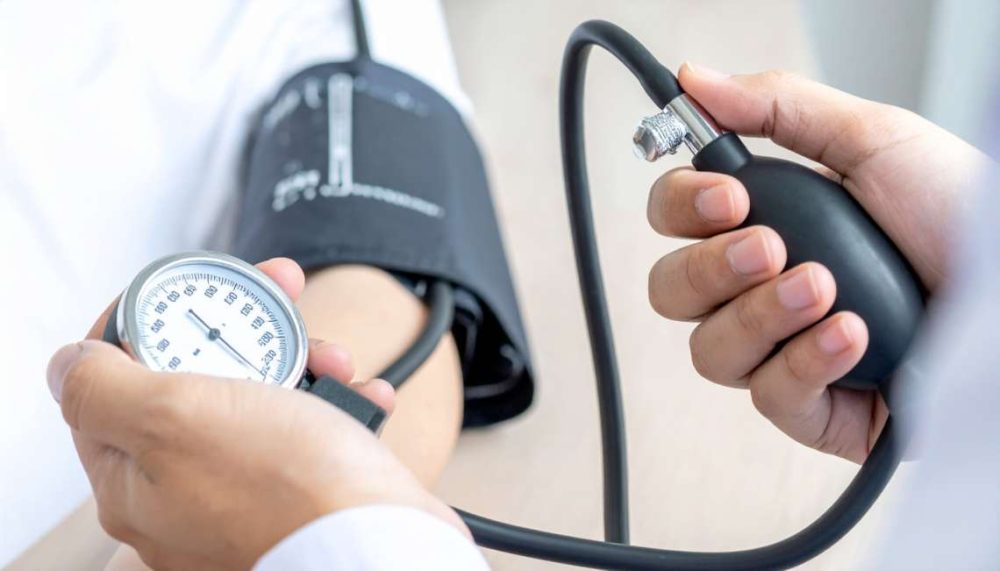High ambient temperatures in summer cause blood pressure to drop, leading to orthostatic hypotension (lightheadedness or dizziness when standing after sitting or lying down), increasing the risk of falls…reports Asian Lite News
Seasonal variations like hot humid weather or chilling winter can significantly raise blood pressure or cause a sudden drop, said health experts on Friday, stressing the need for regularly monitoring blood pressure.
The blood pressure tends to vary as the temperature fluctuates. According to health experts, seasonal variations of blood pressure occur, especially in North India, because in winter temperatures drop up to five to six degrees, and in summer it can reach the maximum between 40 to 45.
“This usually happens during severe winter as the cold climate causes vasoconstriction of the blood vessels, which means that the blood vessels become narrow, they go into a spasm, and because of that, the blood pressure may rise,” Dr Vinayak Agrawal, Senior Director and Head, Non-Invasive Cardiology, FMRI, Gurugram, told.
High ambient temperatures in summer cause blood pressure to drop, leading to orthostatic hypotension (lightheadedness or dizziness when standing after sitting or lying down), increasing the risk of falls.
“And especially during extreme summers, there can be a lot of sweating, which can further reduce the BP,” Dr Ashwani Mehta, Senior Consultant, Department of Cardiology, Sir Ganga Ram Hospital, told .
“One can prevent rise or drop in BP during seasonal variations by following a schedule and keeping an eye on the blood pressure. If you measure your blood pressure and adjust the medicine in consultation with your doctors, then it can be taken care of. Many times doctors reduce the dose of medication in certain patients during summers and restart them during the winters,” he said.
The experts recommended taking precise blood pressure measurements along with regular physical activity like yoga, and cycling, as well as the reduction in ultra-processed foods to also help prevent other hypertension complications like brain stroke, dementia, and heart problems.
ALSO READ-‘India Requires Better Food Policies for Healthier Choices’














